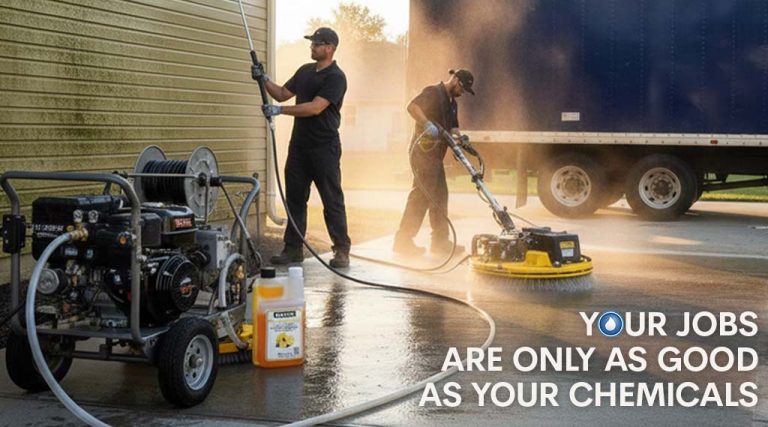Engineered Kitchen Ventilation Equipment:
Value Added or Not?
By Bernard Besal, CECS
Widespread employment of equipment which falls under the engineered kitchen ventilation equipment category allows all kitchen exhaust cleaning firms a first-line review to reach their own conclusions concerning the value of water wash type hoods. However, due to the nature of the services in which we are engaged, we often observe only a portion of their performance when pondering this question.
The position by which we judge the performance of “engineered equipment” is generally that of close, personal association. What I mean by this is that a service technician of kitchen exhaust systems may reach his or her conclusion based on how clean (or dirty) they are after inspecting the ventilator. Somehow, the condition of our clothes at the conclusion of the job cannot help but influence our opinion, especially when we wear that extra bit of the job home on our clothes. Conversely, one who completes the job of cleaning with very little grease on them may conclude that this hood system works great.
Performance evaluations conducted by such “seat of the pants” approaches often leave users and maintainers with a very narrow and negative perspective. Before rushing to label this equipment value-added or not, many factors must be weighed to reach an appropriate conclusion.
Energy Considerations
As maintenance specialists, we do not regularly consider the associated cost of operating a kitchen exhaust system. One of the largest operating expenses of such systems is the evacuation of conditioned air from the structure. It remains a well-known fact within the kitchen design field that engineered hood systems allow reduction of exhaust quantities whereby the loss of this conditioned (expensive) air can be kept to a minimum. It should be noted that this expense continues for the life of the equipment and that the cost of poor engineered (or wasteful) systems continue forever!
Recognizing the advantages o f the
unseen by acquiring more
knowledge and experience would
help us all make better judgments
on the value o f this equipment.
Deviating from the original cooking appliances for which these reduced air volumes were originally established may also result in poor capture and operational performance. This could affect everything from indoor air quality to nearby refrigeration equipment efficiency and maintenance to failure of the ventilator to evacuate daily deposited grease loads.
Once again, failure to adjust the equipment properly for the application may be an unplanned operational expense.
Fire Safety
Conventional type hoods typically have no engineered components beyond the fire system to assist in extinguishing fire. Most engineered hoods do contain either a fire damper spray system or both which are activated manually or automatically in the event of a cook-line blaze.
The ability of this system to remain effective relies on regular maintenance, proper operation by the facility staff, correct installation, and proper commissioning.
Automated By-Product Removal
One of the largest benefits users of engineered equipment realize is the ability to automate the by-product removal process, thus helping to reduce human error.
Do our customers remove, clean and replace their filters prior to it becoming heavily contaminated with grease or oily sludge? If the wash cycles are adjusted properly for the application, evaluation of deposited load from the hood interior can be achieved both economically and successfully in most cases. Ductwork loading can be dramatically reduced provided this feature of the hood remains operational, is within proper adjustment, and is regularly operated.
With the application of engineered equipment, one must consider all facets of the design to properly decide its value. Every installation has one potential for human error – through improper installation, commissioning, maintenance or operation. Recognizing the advantages of the unseen by acquiring more knowledge and experience would help us all make better judgments on the value of this equipment.
Bernard Besal is president of Besal Services, Inc. (dba Atlanta Ventilator Works) and a founding IKECA member. Besal currently serves on the IKECA Board of Directors and the Certification Committee.
This article appeared in the May 2000 edition of “The Scratch Pad”



